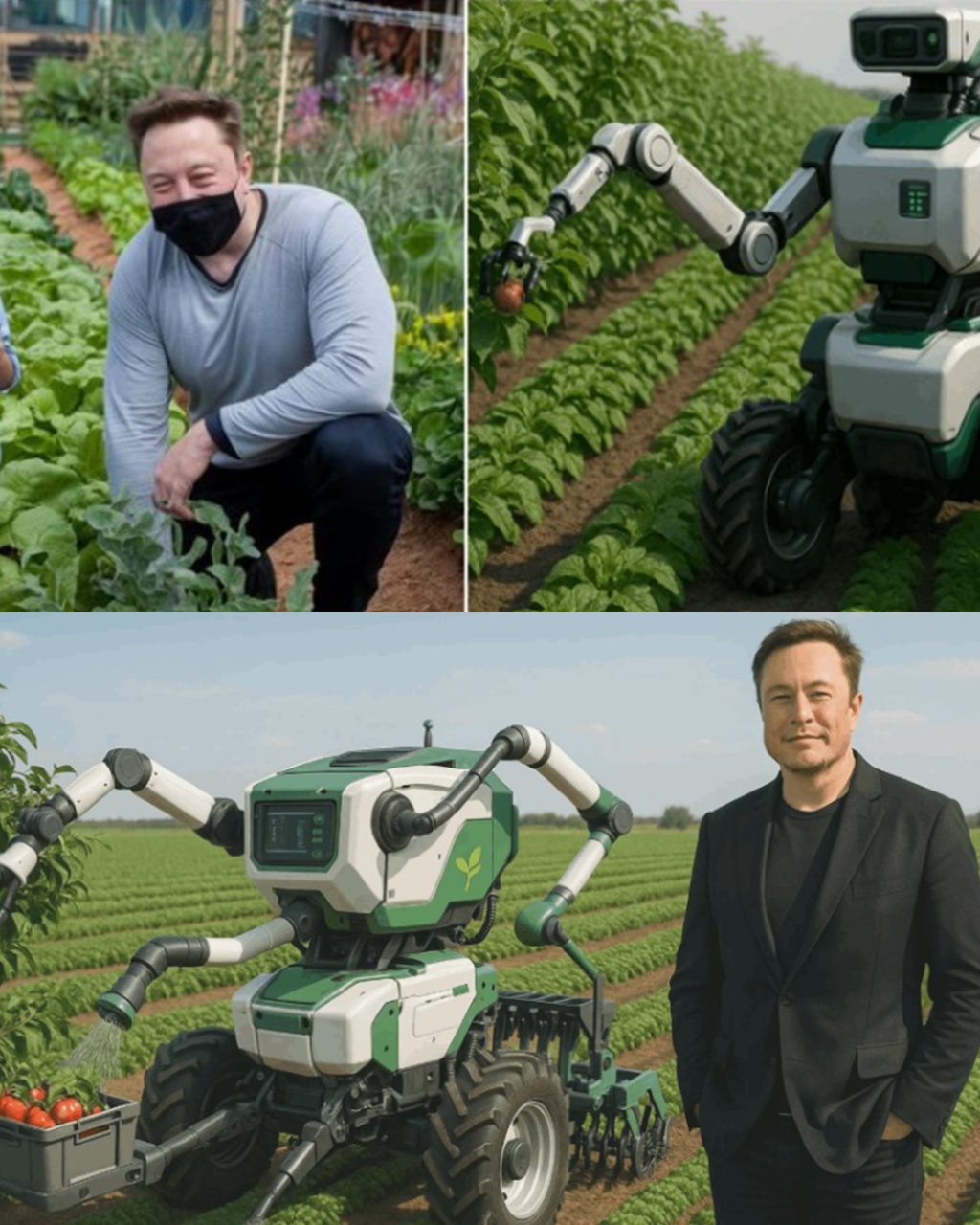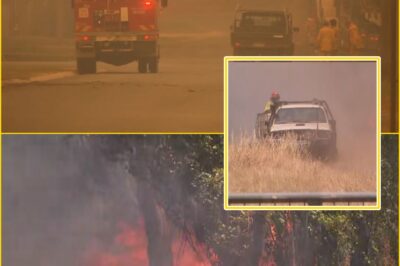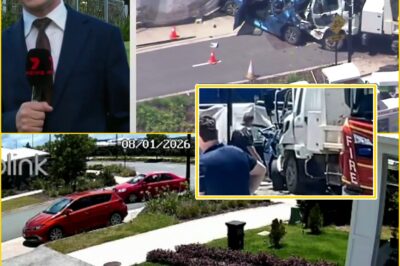Elon Musk and John Deere: The Farming Revolution No One Saw Coming
Elon Musk has conquered space, electric cars, and renewable energy — and now he’s setting his sights on something far closer to home: the way we grow our food. In a groundbreaking partnership, Musk’s Starlink satellite network is teaming up with agricultural giant John Deere to bring high-speed, reliable internet to farms across the globe.
The result? Smarter, more connected, and more productive agriculture that could change the way humanity feeds itself.

The Problem: Farming Without Connectivity
For decades, many farmers — especially those in rural and remote areas — have struggled with limited or nonexistent internet access. This lack of connectivity has made it harder to adopt precision agriculture technologies like autonomous tractors, smart irrigation systems, and real-time crop monitoring.
Without data, farmers are often left guessing, relying on outdated methods that waste resources and reduce yields.
The Solution: Starlink + John Deere
That’s where Musk and John Deere step in. By combining Starlink’s low-orbit satellites with John Deere’s advanced farming equipment, even the most remote fields can now be digitally connected. Farmers will be able to:
Control machinery remotely, including autonomous tractors and harvesters.
Access real-time crop and soil data, helping them decide exactly when to plant, water, or fertilize.
Use AI-powered analytics to predict weather patterns, pest risks, and harvest yields with unprecedented accuracy.
Cut down on waste, saving fuel, water, and fertilizer by applying only what’s needed, exactly where it’s needed.
John Deere engineers say the goal is simple: “Give farmers the same digital tools as any Fortune 500 company — because their job is just as important.”
Why This Partnership Matters
Agriculture is one of the most resource-intensive industries in the world, and as the global population climbs toward 10 billion, the demand for food will only increase. Efficiency isn’t just a convenience — it’s survival.
By empowering farmers with real-time data and connectivity, this partnership could dramatically increase yields, reduce environmental impact, and level the playing field for smaller farms that previously lacked access to advanced technology.
Musk’s Bigger Vision
For Musk, the move fits neatly into his broader mission: using technology to ensure a sustainable future for humanity. “If we can connect every farmer on Earth,” Musk said during the announcement, “we can produce more food with fewer resources and make farming a driver of innovation instead of a victim of outdated systems.”
The Future of Farming
Pilot programs are already underway in parts of North America, with expansion planned across Africa, Asia, and South America — regions where connectivity gaps have long limited agricultural growth.
If successful, Musk and John Deere’s collaboration could mark the dawn of a new era: one where farming is not only about soil and seed but also satellites, AI, and precision data.
For the farmer in the field, though, the promise is simple: less guesswork, higher yields, and a better life. And for the rest of the world, it might just mean food security for generations to come.
News
“SHE NEVER SAW THIS COMING” — Gina Rinehart’s $10 Million Invitation to Rihanna Sparks Global Tears and Hope for Australia’s Most Forgotten Children
When Australia’s richest woman makes a move, the world usually expects power, politics, or profit. This time, Gina Rinehart did…
“WHY WON’T THEY RELEASE THE FOOTAGE?” — DJ Warras Mur-der Sparks National Outcry as South Africans Demand CCTV Truth
When news broke that Victor Majola — widely labelled online as the “killer” of beloved DJ Warras — had sent…
“TIME IS WORKING AGAINST US” — Police Issue Grim Update in Hu:nt for Missing Family as Victoria’s Bushfire Crisis Deepens
A family-of-three is missing and more than 20 homes are potentially lost as out-of-control bushfires continue to burn across Victoria….
“I DIDN’T KNOW IF THEY WERE ALIVE” — Chi:lling Twist as Witness Reveals What He Saw Before Saving Two Toddlers in Banya Crash
Two toddlers, aged one and three, remain in critical condition at Queensland Children’s Hospital after suffering significant head injuries in…
‘I’m Ready to Pay the Price’ — Tekashi 6ix9ine Surrenders to Pris0n, Betting 90 Days Behind Ba-rs on a Shot at Redemption and a Comeback
Hernandez was sentenced to three months behind bars for violating the terms of his supervised release. Hernandez was sentenced to…
‘THE TRUTH WILL DESTROY EVERYTHING’ — DJ Warras’s Family Reveal a Sh0cking Message From a Stranger That Has Turned the Case on Its Head
The Message That Changed Everything For weeks, the name DJ Warras had been wrapped in grief. Candles burned low outside his home….
End of content
No more pages to load












